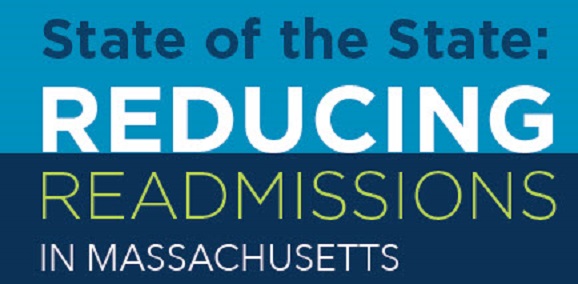Prepared by the Massachusetts Health & Hospital Association and Collaborative Healthcare Strategies
Incentives targeting readmission reduction are intended to improve the delivery of care across settings and over time, and to reduce the losses and inefficiencies created by avoidable returns to the hospital.
The public and private sector call for hospitals to reduce readmissions is not new. Incentives targeting readmission reduction are intended to improve the delivery of care across settings and over time, and to reduce the losses and inefficiencies created by avoidable returns to the hospital.
Over the past several years, incentives to reduce readmissions have been introduced into the Massachusetts market in payer- and diagnosis-specific ways. Individually, these incentives have served to stimulate improvements in care for some groups of patients. An unfortunate consequence of payer-specific and diagnosis specific incentives has been the emergence of balkanized efforts to find and serve certain patients with readmission risks – but not others. As a result, readmission rates have not dramatically improved, and the pace of improvement is not quick enough.
It is now clear that financial success under a wide variety of payment models and performance incentives will reward providers for minimizing hospital utilization – whether through population management in accountable care organizations, bundled payments for 90-day episodes of care, or value-based purchasing.

